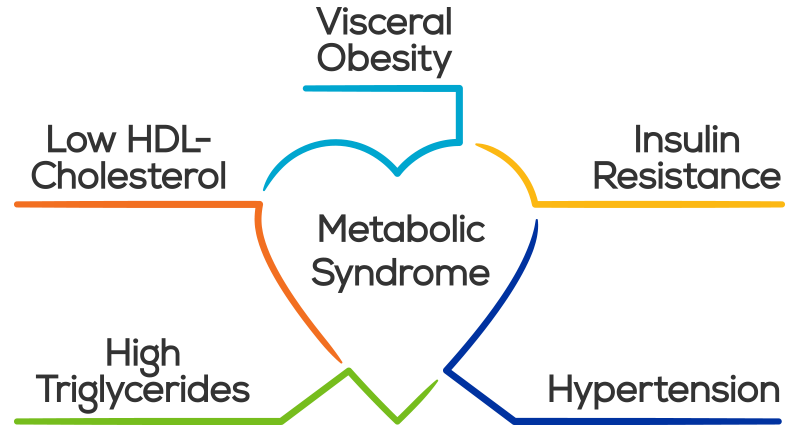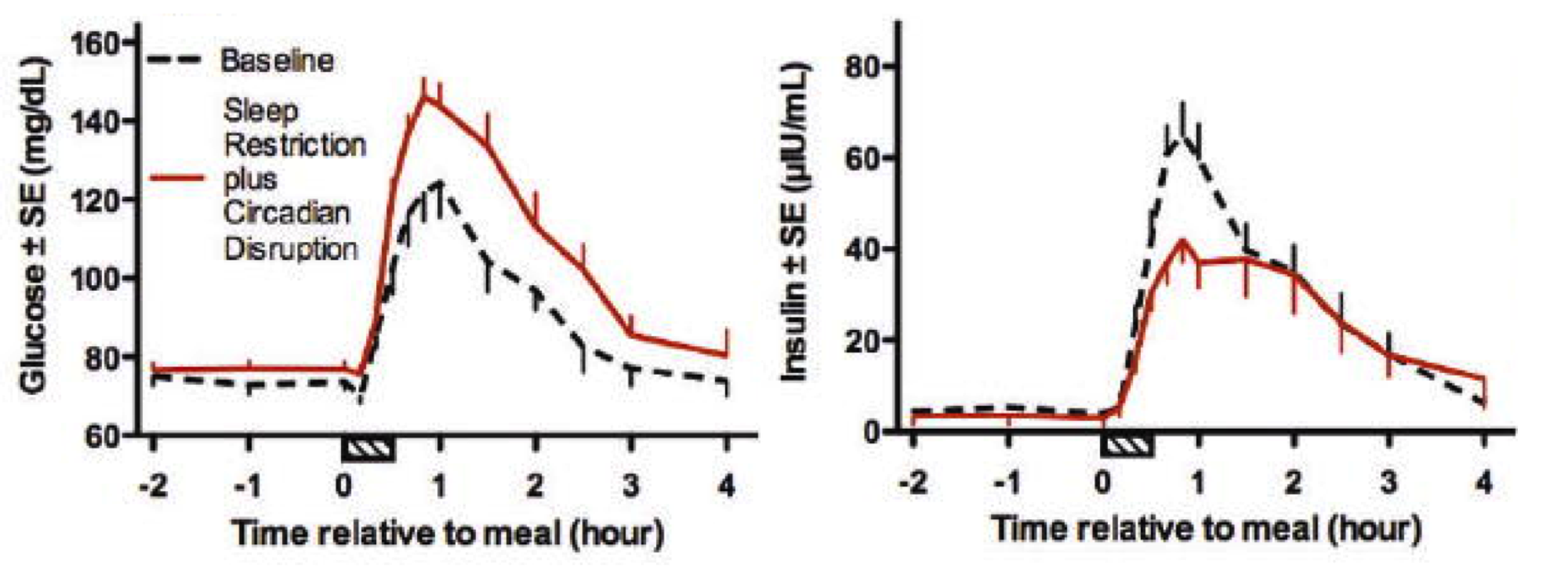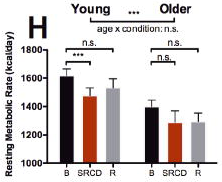Recently I posted an article for T-Nation called “4 Ways Modern Life is Making You Fat” that covers the negative consequences of excess sitting, stressing, screen time, and insufficient sleep. The underlying message being, that you can do everything right with respect to diet and exercise, but these lifestyle factors put a giant wrench in your progress.
Sadly, this is becoming the new norm. With eyeballs staring at tablets, television screens, and smartphones all evening, work extending well-beyond 9-5, and insomnia now affecting more than 1/3 of the population.

Moreover, it seems to be standard practice to put sleep last, or not prioritize it at all, even though it’s one of the best things you can do for your health. With most North American’s buying in to the ‘sleep when your dead’ mantra; not realizing that a consistent lack of sleep is bringing them closer to dead!
Which we won’t elaborate on today, but I will mention that a lack of sleep and a disrupted circadian clock affects more than 700 hundred genes, and is directly associated with insulin resistance (1, 2) and the metabolic syndrome (1, 2).

What we will touch on, is body composition – or muscle-to-fat ratio. Because, unfortunately, no matter how many times I tell people to try training less and sleeping more, there’s always someone with “a jacked buddy that only sleeps 6 hrs a night” or “a cousin that’s been working the night shift for 20 years with washboard abs.”
And obviously genetics play a factor – as usually that same sleepless “bro” also crushes McDonalds, bench presses a house and runs a 10 second 100 meter.
But who knows, maybe he also takes a lot of naps….?
Because we know for a fact that quality sleep increases muscle building hormones (like testosterone), improves our overall resiliency to stress (cortisol), maintains healthy glucose and leptin levels, elevates our metabolic rate, and makes us burn more fat.

The other thing we know is that individuals that are ‘healthy’ at baseline seem to deal with a lack of sleep or a disrupted sleep cycle a little better than others. Many times bypassing weight gain and reestablishing proper glucose and insulin levels pretty quickly.
BUT, not getting off scot-free! And clearly getting better results – in body composition – if they slept properly.
The perfect example is a research study from 2012 in the journal Science Translational Medicine, where ‘healthy’ participants were subjected to 28hr days and 6.5hrs of sleep (equivalent to approximately 5 1/2hrs in a 24hr).
Not surprisingly, this schedule had an immediate impact on metabolic function; with insulin going down and blood glucose going up.

After the study, glucose and insulin levels were restored and despite a significant increase in hunger (from high ghrelin, and low leptin), no weight was gained. Since the ‘healthy’ subjects unknowingly increased their daily energy expenditure by 6% to counteract an increase in food intake during the study.
HOWEVER, as depicted by the red bars in the chart below, the poor sleep and disrupted clock negatively affected their resting metabolic rate (<8%), that failed to be fully regained (the grey bars) once normal sleep was restored.
Suggesting, that the healthy subjects lost muscle!

Or put another way, poor sleep is negatively affecting your body composition, no matter what the scale is telling you. And although you may be in the ‘healthy’ category now, you’re doing damage that can quickly move you into the ‘unhealthy’ one. Whether we’re talking about a shift from muscle to fat, or the disrupted blood glucose and consistent decline in insulin sensitivity.
And especially if you’re part of the non-genetically gifted majority, who doesn’t have the ability to automatically adjust daily expenditure to match increases in food intake.
Adults at risk of type 2 diabetes that sleep less than 6hrs per night decrease their physical activity by approximately 27%, and increased their sedentary time by 69 minutes per day.
Stay Lean!
Coach Mike
RELATED ARTICLES:
How Poor Sleep Makes You Fat & Sick
1% Fitness FAQs - Looking to Gain Mass
